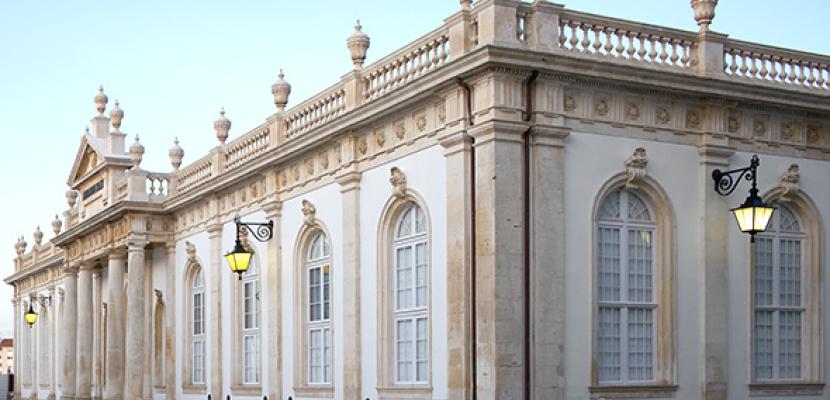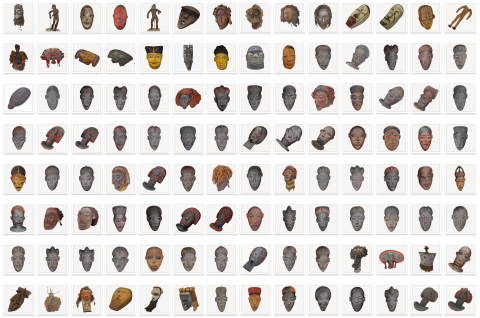
Digitization of the collection of African masks

About this good practice
The museum presents the University’s collections of science objects and instruments as well as a series of exciting exhibits and hands-on experiments. The museum offers many activities. Its temporary exhibits, guided tours, workshops and informal meetings with scientists have become well known and very successful amongst the public. The architectural rehabilitation of the Laboratorio Chimico – a unique building that is a milestone in the history of Chemistry - was the first stage of a project that aims to become a key centre for the promotion of science and scientific museology in Portugal.
The “Summer Internships project” is an excellent opportunity to experience a work context, through direct contact with the general environment of an organization. Aimed at all students of the University of Coimbra, it takes place between May 1st and October 31st of each academic year. In this context, the Science Museum of the University
of Coimbra has hosted several students for short periods in diferente areas of the museum. Collection management, educational area, archive are some examples of departments that have welcomed these students. In 2024 the goal was to explore other areas of technical knowledge, which led the museum to a challenge, the digitization of the collection of African masks, in a total of about 150 artifacts the Best Practice chosen to exemplify our commitment with the promotion of our heritage and communication with the public.
Resources needed
Undergraduate interns, academic supervision, access to museum collections, smartphone with high-resolution camera, stable tripod, LED lighting for consistent exposure, photogrammetry software (Polycam, Agisoft Metashape, Blender), and computer with processing capacity.
Evidence of success
The project led to the digitization of 160 African masks from the Anthropology collection. The first 3D model published was selected for Cultural Heritage History Top Models – 2024, Week 50 by Thomas Flynn, former Cultural Heritage Lead at Sketchfab, recognizing its technical and curatorial quality. The full collection is currently being published on Sketchfab, enabling global access and the multiplication of audiences, with links to the 3D models added to the museum's digital catalogue.
Potential for learning or transfer
This initiative demonstrates how student internships can be a tool for applied learning and professional development while advancing institutional goals. Engaging students from various academic backgrounds, such as design and multimedia, fosters interdisciplinary collaboration. The digitization of museum collections, particularly in 3D, serves as a key factor in the promotion of cultural heritage. By increasing global access to these artifacts, the project enhances both public engagement and scholarly research. 3D models provide researchers with a detailed and accessible means to study objects from diverse cultural contexts. Furthermore, making collections available digitally fosters knowledge sharing, facilitates the development of new methodologies in museum studies and heritage preservation. This initiative serves as an important work tool for cultural heritage studies, supporting ongoing research and contributing to the advancement of digital humanities.
